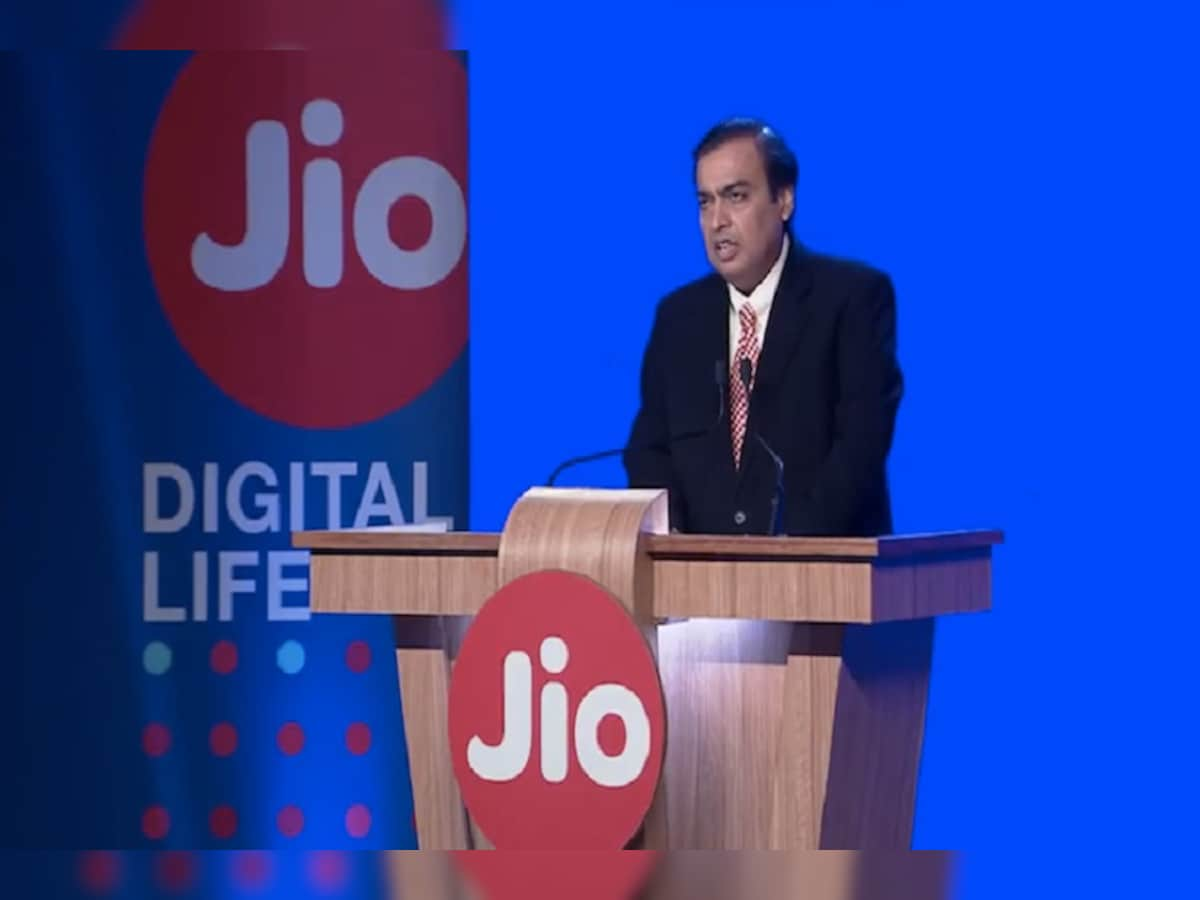After the Reliance Retail deal falls through, Future lenders are likely to declare bankruptcy as a group with a recovery rate of less than 10%
Reliance Retail deal falls through, Future lenders

As per three persons familiar with the situation, the reliance retail and future Group lenders would seek group insolvency after an agreement to sell assets to Reliance Industries Ltd (RIL) companies fall through, with a recovery rate of less than 10%.
They claim that a holistic approach makes sense because the Future Group entities’ industries are intertwined. On January 31, the total loans of Future Group firms were Rs 28,921 crore. Future Reliance Retail and Future Enterprises account for the majority of this. “It’s possible that promoters would make a debt recast offer to save the group from bankruptcy,” one of the reported sources stated. “Lenders would be lucky to recoup anything beyond 10% in any case.”
On April 21, Bank of India, Future Retail’s principal lender, filed a petition in Mumbai bankruptcy court seeking insolvency proceedings against Kishore Biyani’s flagship company.

Reliance retail’s impact on cash flow
Lenders will use the same approach with other delinquent group companies, such as Future Enterprises, which missed payments in the last week of March as well. Although the National Firm Law Tribunal (NCLT) is required by the Insolvency and Bankruptcy Code (IBC) to admit a company within 14 days of being referred, the procedure typically takes at least three months. Because the debt dwarfs the value of the assets on Future’s books, recovery could be less than 10%. “Reliance retail’s lease takeover of 946 outlets has cut Future’s cash flow by approximately 65 per cent,” one of the sources stated.

“The company does not have enough inventory or money to pay its employees or vendors to keep the remaining stores open. The landlords of these establishments will eventually chase them out as well. “After Future failed to make rental payments, Reliance retails took over the outlets.
The principal assets that Future Group retains are approximately 30 large-format stores and over 300 small-format outlets, all of which are leased. In Nagpur, it also has a wholly automated supply chain solutions facility and about 20 owned outlets guaranteed to various lenders.

The principal assets that Future Group retains are approximately 30 large-format stores and over 300 small-format outlets, all of which are leased. In Nagpur, it also has a completely automated supply chain solutions facility and about 20 owned outlets guaranteed to various lenders.
On January 31, Future Retail, which owns Big Bazaar, Hypercity, Foodhall, eZone, Easyday, and Heritage Fresh, has an outstanding debt of 14,090.6 crores. On the other hand, future Enterprises, which manufacture, design, procure, and distribute fashion clothes, owe 6,880 crores. The other essential group firms are Future Lifestyle and Fashion, Future Supply Chain, and Future Consumer.
After 69 per cent of secured lenders voted against the transaction, 86 per cent of shareholders, and 78 per cent of unsecured creditors voted in favour, Reliance and Future formally called off the 24,713 crore merger announced in August 2020.

Secured lenders voted against selling assets to Reliance because Future Group had not assured them that the buyer would accept the proposed distribution plan. Instead, the future proposed transferring around 45 per cent of the revenues to Reliance, equal to Rs 12,612, while repaying the rest loans over seven years.
The sale of assets owned by Reliance retail group firms has been delayed by a 20-month court dispute between Future Group and Amazon. Amazon had objected to the asset sale, claiming that its 2019 deal with Future Coupon prohibited asset sales to Reliance businesses. Until press time, emails sent to spokespeople for Reliance Retail, Future Retail, and Future’s primary lender Bank of India, went unanswered.
Future Retail shareholders voted on the selling dealer on Wednesday, while creditors voted on Thursday. The National Company Law Tribunal, or NCLT, approved Future Retail to hold shareholder and creditor meetings on the planned transaction with Reliance Retail on February 28. Future Group owes more than 27,000 crores to its lenders. According to the second source, now that Reliance has taken over multiple Future Retail locations, the company wants to negotiate a better deal, and bankers aren’t happy with the new valuation.
After terminating their leases, Reliance took possession of hundreds of Future Reliance Retail locations in the last week of February. Incensed, lenders released an advertisement on March 15th indicating that anyone trading in the company’s assets should be kept in mind that they are liable to the lenders’ charge at all times.
As previously discussed, Reliance Retail agreed to buy Future Group’s retail, wholesale, logistics, and warehousing operations for Rs 24,713 crore on a slump sale basis in August 2020. Even as it battles Amazon, which has sought to halt the sale in several courts, the cash-strapped Future Group is attempting to speed up the agreement in order to pay creditors and save the Big Bazaar retail chain from possible collapse.
Failure to obtain lender permission deepens the situation for Future Retail, which has already been brought to the NCLT by the lead lender, Bank of India. Banks explored asserting their rights through the Debt Recovery Tribunal (DRT) but instead chose insolvency because they believe the NCLT process is more transparent than the DRT’s.




